
We have seen that our Citizenship, both on an earthly as well as spiritual level, matters a lot to God. How then shall we approach our citizenship? What does it mean in practical terms? Last weekend, the Citizens’ Network for a Better Malaysia organized a Citizens’ Weekend conference at DUMC to educate Christians into the subject.
Eugene Yapp, a Research Fellow and Director of Special Projects at the Kairos Research Centre, shared some insights into the Christian practical implication for citizenship. Opening his discussion, he shared about the ‘Tale of the Two Kingdoms’. This used to be the conventional mindset of the Christian.
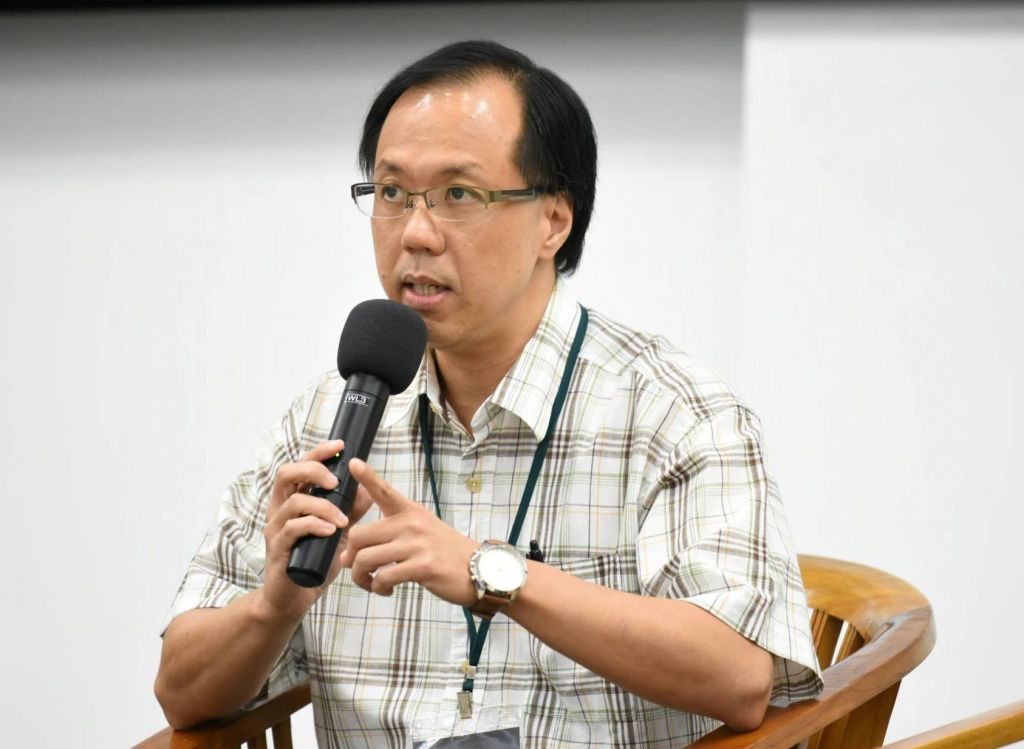
We are so used to thinking about God’s Kingdom and our respective earthly nations/kingdoms on separate terms. Sometimes, God’s Kingdom would take priority, and sometimes our citizenship in our nations/kingdoms would take priority. Seldom, however, do these two meet.
Where is the Church today? Are Christians concerned primarily with spiritual affairs and rarely engaged on structural-institutional reforms in society? What about social-economics-political development for the good of all? How often do we interact with industrial-environmental concerns? As salt and light of the world, we need to stand up for a worthy cause.
How did we come to this dualistic conception of the world? For the Hebrews, everything was sacred; from their worship to their work, and even to their rest like the Sabbath day. They did not believe in separating the divine from the mundane. The Greek influence of Plato’s Theory of Ideal Forms would, however, later play a part in Augustine’s theology, unintentionally leading to where we are today.
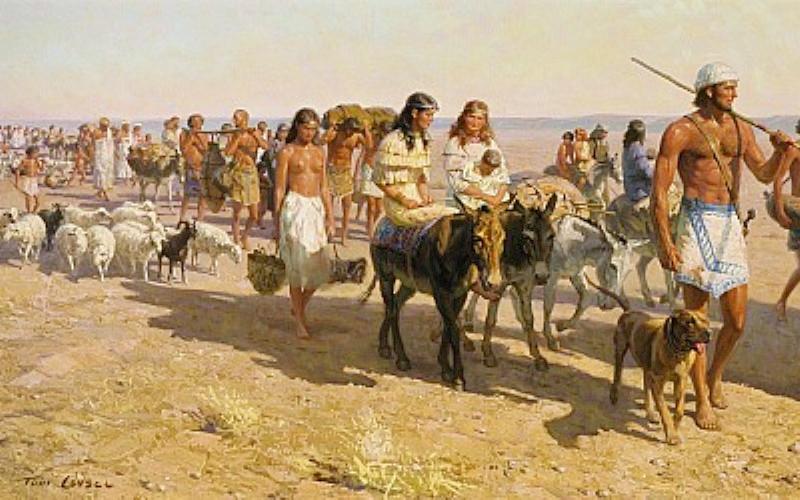
In Genesis 1:27-30, right from Creation itself, God had given mankind a Creation mandate. God mandates mankind, as His “Junior Partners”, to join Him as coworkers, as co-participants to carry on the work of the world.
Through the Creation account in Genesis, we learn that God’s original creation was good, but everything was in a state of readiness, laden with potentiality, awaiting their final realization. Made in divine likeness (v 27), we are called to exercise our spiritual authority.
As Christians, we have had a tradition of deep concern for social ethics. Many of us realize that though we have been consecrated unto God and through Christ, we are entrenched in culture nonetheless. The way we dress, our stylistic preference in music, our language, the food we eat, they are all embedded from culture.
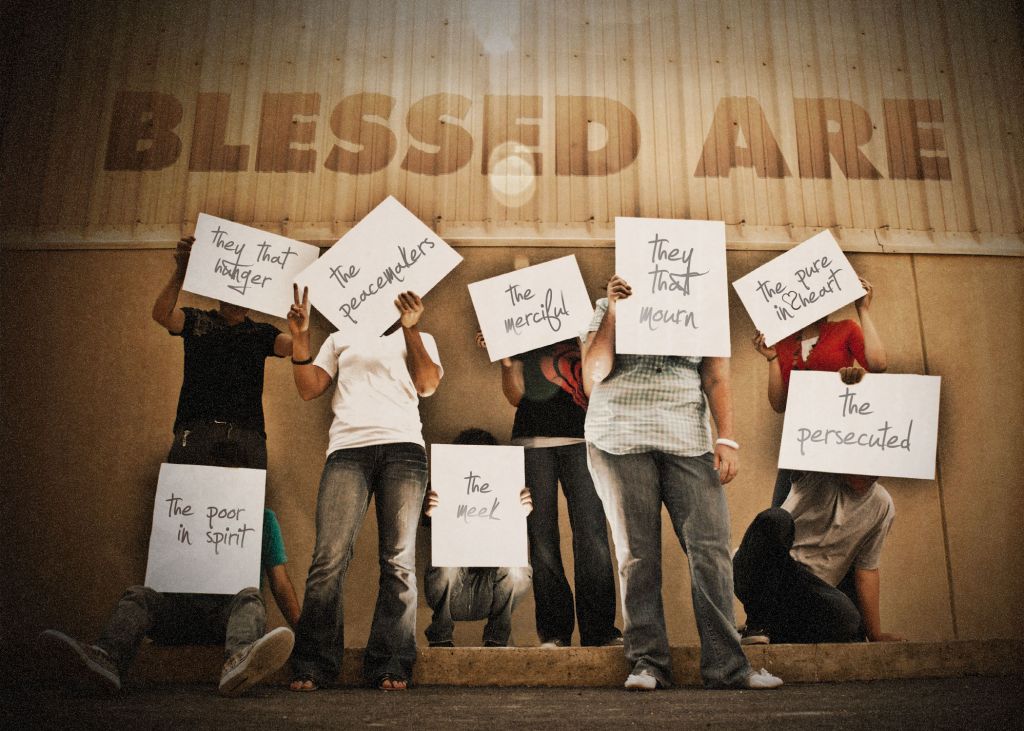
Christians are called, not to separate themselves from the world, but to be “culture-makers”. For Christians, terms like culture and humanism has a different connotation from the secular one.
Christian humanism has a focus on the making and bringing of good to humanity, so that the world can be redeemed unto God. For Christians who have a deep concern for humanity, we are called to be God’s agents in bringing fruition to creation and reclaiming culture for His glory.
Traditionally, we have been engaged in shaping social ethics through societal or missions work. However, there is a distinction between social and political ethics. Eugene imparted that because institutional structures govern society, we also need to develop a concern for them.

We do this by offering our contributions and advices, so that these structures are informed by Godly morality. This would ensure a fair and equitable treatment for everyone within that institution. Significantly, the institutions would also be placed on the foundation of honoring God.
We need to integrate both social and political ethics into our responsibilities as Christians. What are the models of engagement Christians can use for this integrated whole? There are various models that we have been using.
Some of us are in Evangelism Inc (Proclamation and Preaching), some are on an Anti-Wickedness Campaign (“Lobbying and Activism”). Others are in a Society for Spiritual Inspiration (personal spiritual enrichment), Home Sweet Home (focus on the future), or in a Separate Colony (maintaining purity).
Which models are the best? The answer is in fact an assimilation of all of the above. The trouble is we tend to choose one to the exclusion of the others. Eugene communicated that the key is engagement. How do we address this in our roles as citizens?
In the weekend celebration, Datuk Dr Denison Jayasooria gave some insight into the understanding of citizenship. Paul’s experience being arrested on false accusations (Acts 16:22-24 and 38; Acts 22:24) provide some observations.
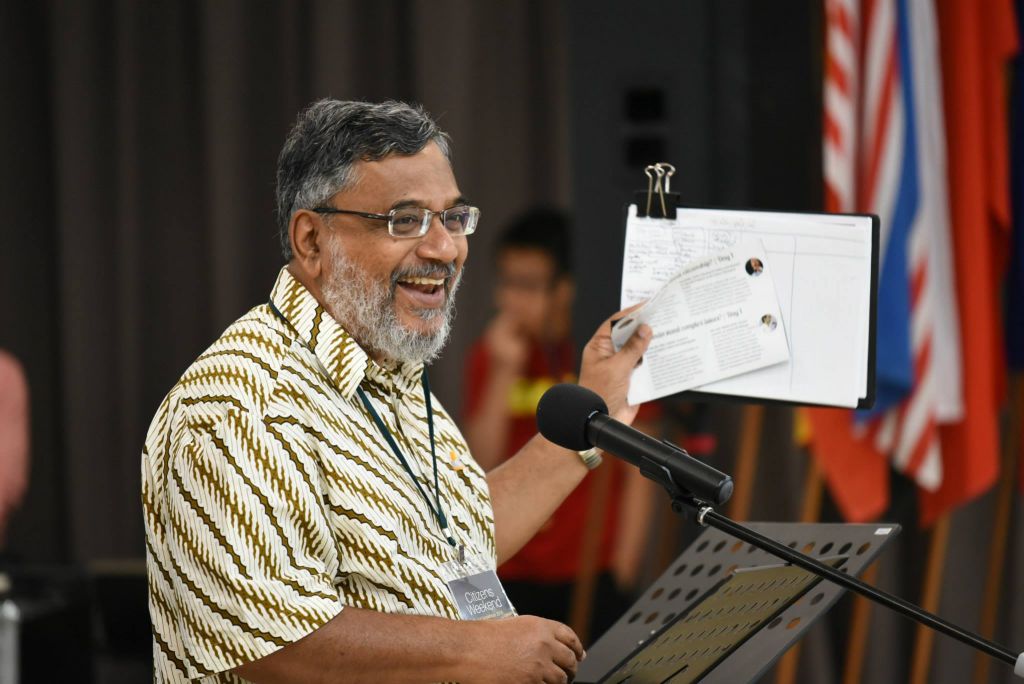
Particularly, the contestation of Paul’s arrest revolved around his entitlement to a fair trial as a Roman citizen. In the two references, Paul was beaten and imprisoned without a proper trial (Acts 16:37; 22:25).
We also note that not everyone was a Roman citizen. There is a reference to Roman citizenship being bought for a high price as well as one could be born a Roman citizen (Acts 22:28). When the people who arrested him found that he was a born-citizen of Rome, they became fearful. So another observation we can make is that Paul had authoritative rights as a citizen of Rome (Acts 22:37,39).
Finally, we observe that Paul recognized that he had citizenship not just in Rome but also in God’s Kingdom. Paul used his prison experience to be a witness and even conducted baptism service (Acts 22:30 & 33). The notion of citizenship in a modern society was not developed in Paul’s time but there were key principles of rights, fair trial, property rights, religious freedom, cultural and linguist rights.
Unlike Paul, who was bound with constraints within the Roman Empire, many of us live in nations with an opportunity to exercise our citizenship rights and responsibilities. How do we understand our citizenship rights in a modern, democratic country like Malaysia?
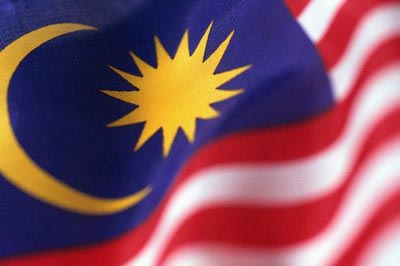
If Paul claimed a dual citizenship theology of heaven and earth, then likewise we must recognize this reality. We must exercise an impartial look at the issue based on the Scriptures.
Scripture teaches us some very practical things per our response. We are to speak up for the voiceless and powerless (Proverbs 31:8,9), pray for our leaders (1 Timothy 2:1-4), pay our taxes (Romans 13:6-7), and submit to authority as long as their commands do not misalign with godly commandments (Romans 13:5). Our roles as Christians are to be the salt and light of our community.
Specifically to our rights as Malaysian citizens, it is most important that we know and understand the constitutional democratic system of Malaysia. As with Paul, who knew his identity and rights as a Roman citizen, if we’re concerned about our rights as citizens, we must also know our Federal Constitution. Take the time to read the Federal Constitution of Malaysia, freely available through bookstores, and familiarize ourselves with it.
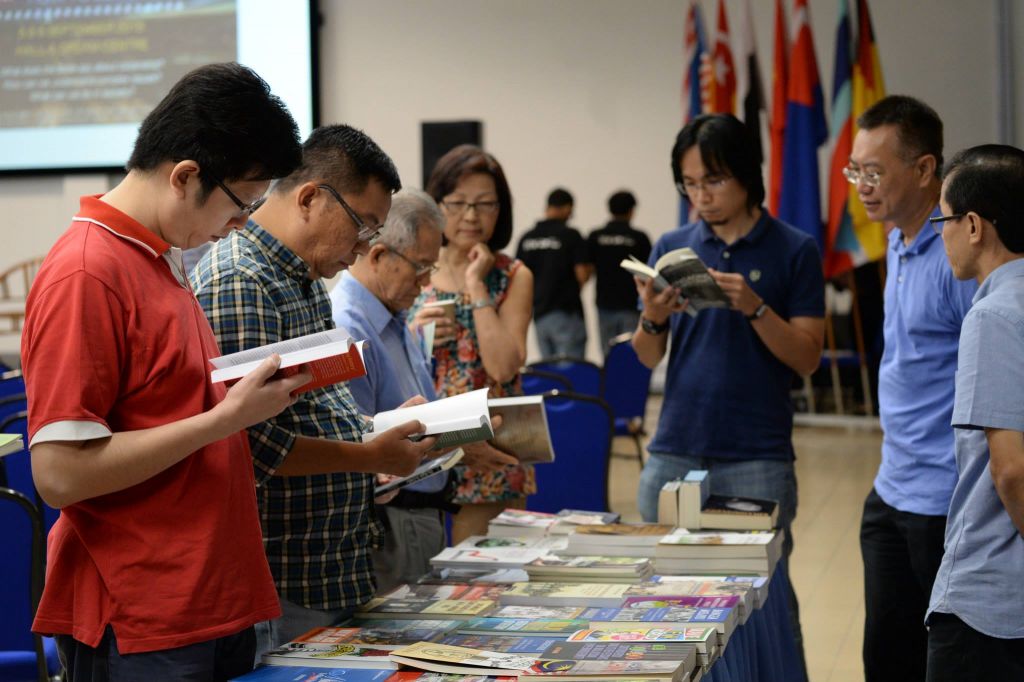
We must know what it means for Malaysia to be part of the Universal Declaration of Human Rights, and understand what it means to have the right to vote and contest, as well as the framework for peaceful action within the Constitution.
We have a Biblical affirmation to the Call of Blessings. All over the world, Christians are engaged in social issues, and there is great call from the world for Christian voluntarism. And even if we’re not involved in institutional reforms, there are many NGOs in which we can take up a cause. The challenge for us in our roles as Christian citizens is that the community around us may say “I have been blessed because of the Christians”.
NOTE: All pictures from the Citizens’ Weekend 2015 kindly contributed by the Citizen’s Network for a Better Malaysia. The Citizen’s Network for a Better Malaysia was formed with a vision of citizen advocacy for a better Malaysia, and a mission to activate strong Biblical voices on national issues through awareness building, networking and strategic advocacy projects. You can find out more about them through their Facebook page at /citizensnetworkMY
|Share The Good News|
Jason Law

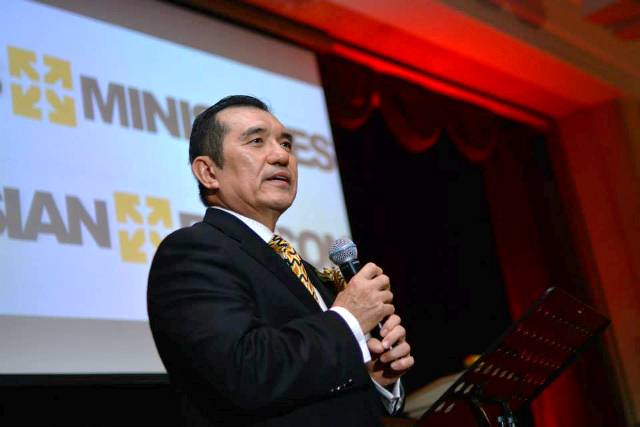

Leave a Reply